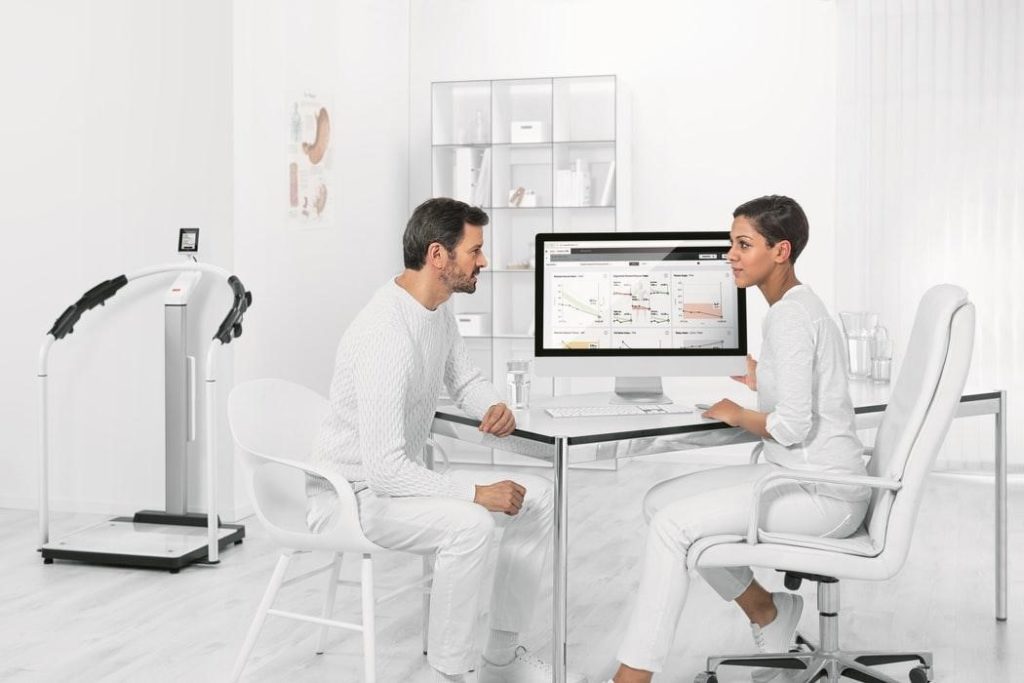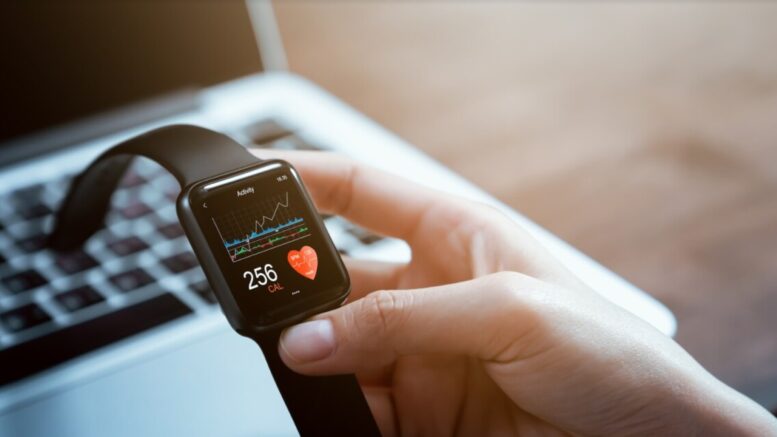In the last few years, there has been a surge in wearable health devices available in the market. These include smart watches, activity trackers, and so on, which are used for a variety of purposes.
Wearable health devices are rapidly gaining popularity in the healthcare industry. These devices can provide providers with valuable insights into patient behaviors, enabling them to make more informed decisions about diagnosis and treatment. With the potential to improve health outcomes and patient experience, wearable technology is poised to revolutionize healthcare.
With no signs of slowing down and its rising impact on society, it’s essential to weigh the pros and cons of the available healthcare technology devices. This is especially true if you’re a first-timer and you don’t know much about such devices.
So, are wearable health devices a good investment? Know the good and not-so-good about them below.
Pros of Wearable Health Devices
The good thing about having wearable devices are:
Hands-Free Experience
Many enterprises and consumers buy wearable health devices that have features that will allow you to communicate with others, receive messages, and provide vital information. All of these can be enjoyed hands-free.
Part of the benefits lies in the ability to filter messages, alleviate users from the need to draw their smartphones, and check. Also, wearable health devices provide users the opportunity to get visual assistance in real-time while doing certain activities.

Early Diagnosis and Remote Health Monitoring
Adopting wearable technology for healthcare enables tracking of the user’s health status that can be used to establish patterns with machine learning and AI assistance. The collected data from users are then used to predict any potential health concern before it happens, enabling more effective and much cheaper preventive measures, in comparison to treating an illness when it’s in full swing.
One of the common features of wearable health devices is to track your sleep. If you think you need better sleep or more sleep, you can never go wrong with using a wearable health device. While it can’t replace formal lab testing, wearables can provide your doctor an idea of your sleep time, how disruptive your sleep, and your sleep or wake cycle. This can also help your doctor to decide whether to recommend a sleep study or refer you to another specialist for sleep.
Personalized Information
These days, most wearables like Superwatches can retrieve various physiological parameters about users. It provides a way to draw personalized information about the user’s health and fitness status, which may help revolutionize the healthcare industry. As more people are aware of themselves, you can keep track of possible ailments.
Improved Clinical Decision-Making
One of the useful tools in terms of supporting clinical decisions is a wearable health device. Doctors may use such tools to look up medical sources and gain access to drug reference databases for improved understanding and knowledge. Also, wearable health devices can be used to enhance disease diagnosis and to implement and create appropriate treatment plans.
Improved Productivity
The value of wearables goes beyond providing helpful information for average users because it also streamlines workflow in the healthcare industry and boosts the productivity levels of doctors. As a matter of fact, doctors can save more time spent on rounds when checking their patients just by using wearables as such devices can allow them to access and record data.
In turn, wearables have given them more time to boost quality care. Also, health-related apps on wearables have increased the productivity of pharmacists by enabling them to access drug information easily and record their findings in detailed documentation.
Cons of Wearable Health Devices
Here are some of the disadvantages of using wearable health devices:
Usability Barriers
Since most wearable health devices are much a concept in development and still new to the market, one of the drawbacks is usability barriers. These may include uncomfortable design and user interface or user experience that isn’t intuitive. But, since wearable health devices are personalized and frequently used instruments by nature, device manufacturers will need to learn quickly the ways to adjust any usability concerns as the parameters are the key for adoption.

High Cost
While the price of wearable health devices is reducing every year, if the technology and systems of a clinic or hospital aren’t compatible with the devices, they might need to spend more money to implement some new technology infrastructures and systems to support wearables.
Batteries
Nothing’s more frustrating than heading out for a job and you forgot to charge your wearable device. When it comes to wearable health devices, battery life is a crucial issue, since most of the devices have batteries that don’t last long and must be charged daily.
Batteries are also one of the frustrating aspects of wearable health devices since battery life doesn’t develop as other technologies. So, if it’s a hassle for you to remember to charge your smartphone daily, you might want to find a wearable health device with longer and better battery life.
Charging Mechanism
Aside from the battery life, another not-so-good about wearable health devices is their charging mechanism. For some users, it’s a challenge to charge wearables. Although manufacturers are aware of this and look for a natural charging solution, some brands still offer wearables with charging cables and uncomfortable dongles.
Security Concerns
One of the hurdles of wearable health devices involves security concerns like cyberattacks. Depending on the device you’re using, other wearables don’t have strict security measures, which make it easier for hackers to get personal and confidential data. This is especially true if your device is connected to other apps like social media. Fortunately, more manufacturers are doing their best to update their operating systems to secure and protect user’s data from any possible cyber threat.
Data Accuracy
Another drawback of wearable health devices has something to do with data accuracy. An aspect that should be developed better in most wearables is the accuracy level of the physiological measurements. In general, it seems that wearable health devices like smartwatches haven’t been able to measure and retrieve data with accuracy. Sensors require more improvements so data will be analyzed better.

Privacy Concerns
There have been some problems surrounding the privacy of wearable health devices. These days, technology makes it possible to record things that users do and say. Due to this reason, some users are a bit skeptical about how such devices can ensure their privacy.
Conclusion
While wearable health devices promise better improvements in the future, most of them are still in the process of development. But, with today’s advancement of technology, expect that the possibilities of wearable health devices are endless. So, before you get one for yourself, don’t forget to weigh the above pros and cons and choose the device that will give you countless benefits.
